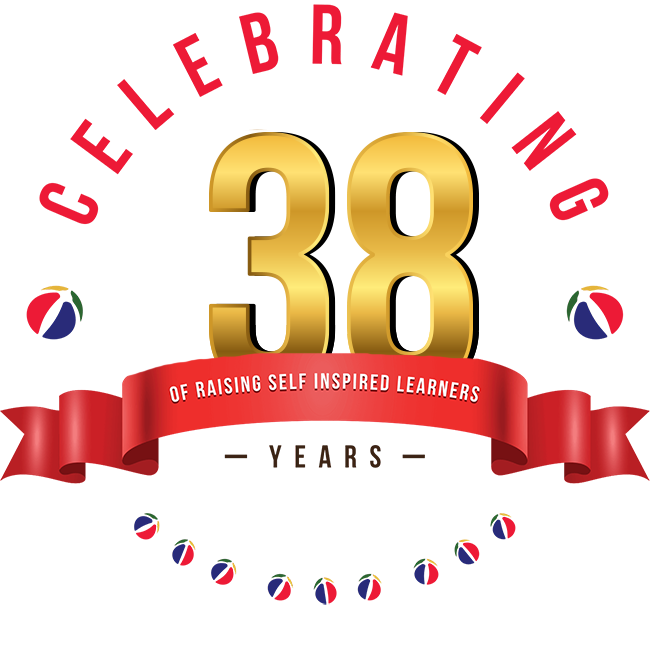In the world of education, Montessori philosophy has carved out a unique and respected place, known for its child-centered approach and its emphasis on independence and respect for a child’s natural development. However, the Montessori method isn’t just about the individual; it’s equally about the community. Building a Montessori community is fundamental to the ethos of this educational approach. In this article, we will delve into the importance of Montessori community-building, the benefits of community events, the role of parent involvement, and the strength of a support network.
What is a Montessori Community?
by Felicia Buitenwerf (https://unsplash.com/@iamfelicia)
A Montessori community extends beyond the walls of a classroom. It encompasses educators, parents, students, and the wider society, all interacting harmoniously to create an environment that supports the holistic development of each child.
Core Principles of a Montessori Community
The Montessori community is built on several core principles, including respect, empathy, cooperation, and support. These values are not only taught to the children but are also embraced by all members of the community. This mutual respect fosters a nurturing environment where children feel valued and empowered to explore their interests.
The Role of the Environment
In Montessori philosophy, the environment is referred to as the “prepared environment.” It is carefully designed to meet the needs of children at each stage of development. The community plays a crucial role in shaping this environment, ensuring it is a place where children can learn through exploration and discovery.
The Significance of Community Events
by S. Tsuchiya (https://unsplash.com/@s_tsuchiya)
Community events in a Montessori setting serve as a bridge connecting the children, parents, educators, and the local community. They provide an opportunity for everyone to come together, share experiences, and celebrate the unique aspects of Montessori education.
Celebrating Cultural Diversity
Montessori communities often consist of families from diverse cultural backgrounds. Community events provide a platform for sharing and celebrating this diversity, fostering a sense of global citizenship and cultural awareness among children.
Fostering Social Skills
Community events also serve as practical life exercises for children, allowing them to practice social skills such as communication, cooperation, and respect. These events give children the chance to engage with different age groups, learning from one another in a social setting.
Strengthening Bonds
By participating in community events, families can form stronger bonds with educators and other parents, creating a supportive network. These relationships are essential for building trust and ensuring that everyone is working toward the common goal of supporting the children’s development.
Parent Involvement: A Pillar of Montessori Communities
Active parent involvement is a cornerstone of a thriving Montessori community. Parents are encouraged to participate in various aspects of their child’s education, reinforcing the learning that takes place at school and providing a consistent experience for the child.
Volunteering and Participation
Parents can volunteer in classrooms, assist with community events, or share their skills and knowledge with the community. This level of participation not only enriches the educational experience for the children but also allows parents to feel more connected to their child’s learning journey.
Educational Workshops and Seminars
Educational workshops and seminars for parents can be an integral part of a Montessori community. These events provide parents with insights into Montessori philosophy and offer strategies for supporting their child’s development at home.
Open Communication
Maintaining open lines of communication between parents and educators is vital. Whether it’s through parent-teacher conferences, newsletters, or informal discussions, communication ensures that parents are informed and involved in their child’s progress.
Building a Support Network
The strength of a Montessori community lies in its support network. Educators support children, parents support educators, and the community supports the school. This network is essential for providing a stable and nurturing environment for children to grow.
Mentorship and Guidance
Experienced members of the Montessori community often serve as mentors to new families, guiding them through the Montessori approach and helping them integrate into the community. This mentorship can be incredibly valuable for new parents navigating the Montessori landscape.
Collaborative Problem-Solving
When challenges arise, a strong community can come together to find solutions. Whether it’s addressing individual student needs or tackling broader issues, a collaborative approach ensures that all voices are heard and that decisions are made in the best interest of the children.
A Sense of Belonging
Ultimately, a support network fosters a sense of belonging. Children and families know that they are part of a caring and engaged community, which can have a profound impact on their overall well-being and educational outcomes.
Nurturing Future Generations
The role of a Montessori community goes beyond the immediate needs of children and families; it also has a long-term impact on nurturing responsible, compassionate future citizens.
Instilling Lifelong Values
The values learned in a Montessori community—such as respect, empathy, and cooperation—stay with children throughout their lives. These values shape their interactions with others and their approach to global issues.
Encouraging Active Citizenship
Montessori education encourages children to be active participants in their community. By engaging in community-building activities, children learn the importance of contributing to society and the impact they can have as individuals.
Conclusion: The Heart of Montessori
In conclusion, building Montessori communities is essential for the success of the Montessori method. It creates an environment where children thrive, parents are engaged, and educators are supported. Community events, parent involvement, and a strong support network are all integral components of this communal fabric.
By fostering a sense of belonging, collaboration, and mutual respect, Montessori communities not only enhance the educational experience but also contribute to the development of well-rounded individuals who are prepared to make positive contributions to the world.
If you’re a part of a Montessori community or considering joining one, remember that your involvement and support make a significant difference. Together, we can continue to build nurturing environments that empower our children to reach their full potential.
by Omar Lopez (https://unsplash.com/@omarlopez1)




